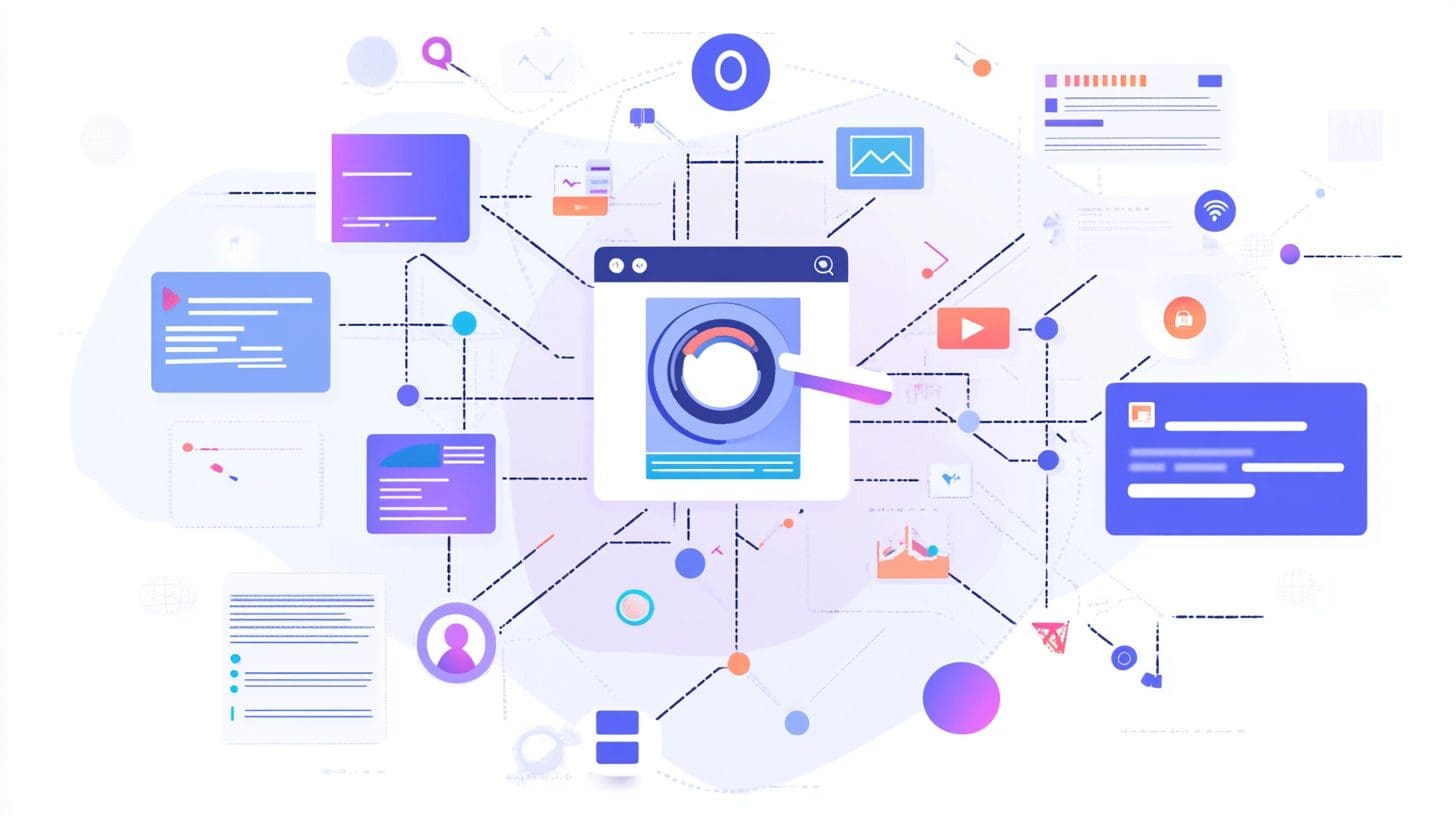The duration of NVCI training for the BC Diploma typically spans several weeks, encompassing both theoretical knowledge and practical application. Each session focuses on different aspects of nonviolent crisis intervention, including conflict resolution techniques and the psychological underpinnings of behavior management. Organizations such as the Crisis Prevention Institute (CPI) provide structured courses tailored to meet the needs of various settings, from educational institutions to healthcare facilities. For instance, a training program that has online crisis intervention training might include both in-person workshops and online modules, ensuring participants can engage with the materials at their convenience.
Delivery formats for the training are designed to cater to a diverse audience. The blend of live scenarios with interactive discussions helps reinforce critical skills necessary for effective crisis management. Many institutions offer options for virtual learning, recognizing the need for flexibility among professionals. Furthermore, organizations may customize their training programs to address specific workplace challenges, allowing for a more relevant learning experience. Tools like video case studies and role-playing exercises enhance practical understanding, making this training comprehensive and applicable across multiple industries.
Flexible Learning Options Available
In today’s education landscape, NVCI training offers a variety of flexible learning options designed to accommodate diverse learner needs. Many institutions partner with organizations like the Crisis Prevention Institute (CPI) to provide both in-person and online course formats. These options allow participants to engage with the material at their own pace while meeting their professional responsibilities. Hybrid models combine face-to-face sessions with digital modules, fostering interaction with instructors and peers while ensuring accessibility for those with busy schedules.
Additionally, some programs feature self-paced e-learning modules tailored for various levels of experience. Resources from established providers like the Behavior Management Systems enhance the learning experience through interactive scenarios and real-life examples. Participants can access a library of video tutorials, quizzes, and case studies that deepen understanding of Nonviolent Crisis Intervention techniques.
Costs Associated with NVCI Training
The financial investment required for NVCI (Nonviolent Crisis Intervention) training can vary based on several factors, including organization size and course format. Training institutions like the Crisis Prevention Institute (CPI) often charge differing rates for in-person versus online modules. A typical in-person workshop may range from $900 to $1,200 per group, while virtual training can sometimes offer a more affordable option, often falling between $600 and $800. Additionally, many organizations opt for group rates to accommodate multiple staff members, helping to reduce overall costs.
When budgeting for your NVCI diploma, it’s essential to account for supplementary expenses that may emerge during the process. Some programs require specific materials such as manuals or training kits, which may incur extra costs. For example, while the base tuition might cover core training, organizations might also need to purchase the NVCI resource guide for approximately $50 to $75. Understanding these potential costs allows for more accurate financial planning, ensuring that your training budget encompasses both direct and indirect expenses associated with earning the diploma.
Budgeting for Your NVCI Diploma
When planning to obtain a Nonviolent Crisis Intervention (NVCI) diploma, it’s crucial to account for various costs associated with the training. The tuition fee for these programs can vary significantly depending on the institution. For instance, well-established organizations like the Crisis Prevention Institute may charge more due to their comprehensive curriculum and experienced instructors. Additionally, consider ancillary costs such as textbooks, online resources, and any required materials that may not be included in the tuition. It’s wise to research different providers and compare the costs of their courses to ensure you’re making an informed decision.
Budgeting appropriately for your NVCI diploma involves more than just tuition fees. Participants should also consider travel expenses if attending in-person sessions or potential subscription fees for online platforms that offer additional training modules. Some states may require ongoing education to maintain certification, which could mean additional costs down the line. For example, renewing your certification through a refresher course could add another layer to your overall budget.
Conclusion
The training associated with the Nonviolent Crisis Intervention (NVCI) Diploma in British Columbia equips professionals with essential skills for managing crisis situations effectively and compassionately. This program is particularly valuable for those in fields such as healthcare, education, and social services, where understanding techniques to de-escalate conflicts can lead to safer environments. For example, staff at facilities like the Children’s Aid Society often report improved interactions with clients after undergoing NVCI training, thanks to the emphasis on empathy and communication.
